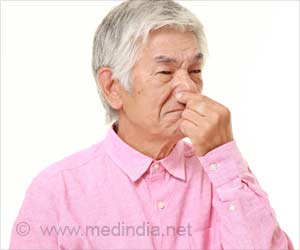A Finnish study finds that working-age pet owners tend to be more overweight, slightly less healthy than their pet-free peers
A Finnish study finds that working-age pet owners tend to be more overweight, slightly less healthy than their pet-free peers.
This is quite controversial to many previous studies that showed that pets could help people cope with various physical and psychological problems. But those studies didn't look at the effects of pet ownership on the health of the general population.Now, Leena K. Koivusilta, Ph.D., and Ansa Ojanlatva, Ph.D., of the University of Turku, Finland, who studied and collated the detailed health and pet information from more than 21,000 Finnish adults, aged between 20 to 54, conclude that: “Pet ownership was very lightly associated with poor health in the general working-aged population."
The findings of their study appear in the December 2006 issue of the online journal PloS ONE.
Pet owners, even though more likely to enjoy outdoor activities such as hunting, boating, and fishing tend to weigh more for their height (a measure known as body mass index or BMI). The researchers suggested: "Pet owners had a slightly higher BMI than the rest, which indicates that people having a pet, particularly a dog could use some exercise,"
Some of the key findings of Koivusilta and Ojanlatva:
- Couples are more likely to have pets than singles.
- People working in agriculture are twice as likely to own pets as people in other fields.
- Pet ownership is linked with:
-- Slightly poorer physical health in older people.
-- Slightly poorer emotional health in younger people.
- Pet owners smoke more cigarettes but drink less alcohol than those without pets.
- People reporting poor healths are more likely to have pets; but dog owners are no more likely to report poor health than people without dogs.
- Pet owners tend to have lower social status than those without pets.
Advertisement
Source-Medindia
SRI





